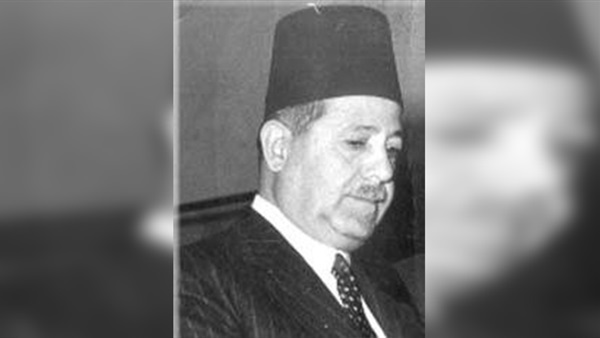Brotherhood: A bloody record and a painful past

Early in the morning on December 28, 1948, Veterinary Medical College student, Abdel Meguid Hassan, wore the uniform of a police officer and headed to the office of a senior Ministry of Agriculture official, carrying in his head a devilish plan.
This was how Hassan, a member of the Muslim Brotherhood movement, prepared
himself to assassinate Egypt's then-prime minister Mahmud Fahmi al-Noqrashi.
No sooner had the prime minister arrived, smiled and saluted the guards, than he was shot and killed by Hassan.

Al-Noqrashi used to have tense relations with the Muslim Brotherhood. The Islamist group was involved in a large number of terrorist attacks since 1948. The attacks rocked the Egyptian society and spoiled relations between the Brotherhood and the prime minister.
The Brotherhood offered young men secret training in the use of firearms in Muqqattam. The place where it offered this training was raised by police in January 1948. At the site, policemen found 165 bombs and several firearms.
Head of the group, Sayed Fayez, justified the training by telling his interrogators that the Brotherhood had collected firearms with the aim of sending to them Palestine.
He added that the young men receiving the training did this because they prepared to travel to Palestine to fight for its liberation.
However, two months later, two members of the Brotherhood killed Judge Ahmed al-Khazandar. This was when the authorities started connecting the training in Muqqattam to the terrorist attacks that happened in this period.

Confrontations between the Muslim Brotherhood and police led to the killing of the Cairo police chief, when his car was attacked with a bomb. This was when a decision was taken for disbanding group.
The notice for dissolving the group contained information about all the crimes committed by it.
On December 8, 1948, the cabinet issued a decision for dissolving the group.
Brotherhood founder, Hassan al-Bana, tried to meet then prime minister, Noqrashi Pasha, to dissuade him from the decision. However, the prime minister rejected al-Bana's request. This was why the group assassinated Noqrashi Pasha too.
Controversial statements
To evade responsibility for the killing of the prime minister, al-Bana issued a statement, in which he lashed out at those perpetrating the crime.
Nonetheless, some of the members of the Brotherhood testified to the group's involvement in the crime, including Mahmud al-Sabagh.
A member of the secret apparatus of the Muslim Brotherhood also tried to blow up the premises of the Cassation Court in downtown Cairo.
This time too, al-Bana denounced the perpetrators of the attack and said they did not belong to his organization.





